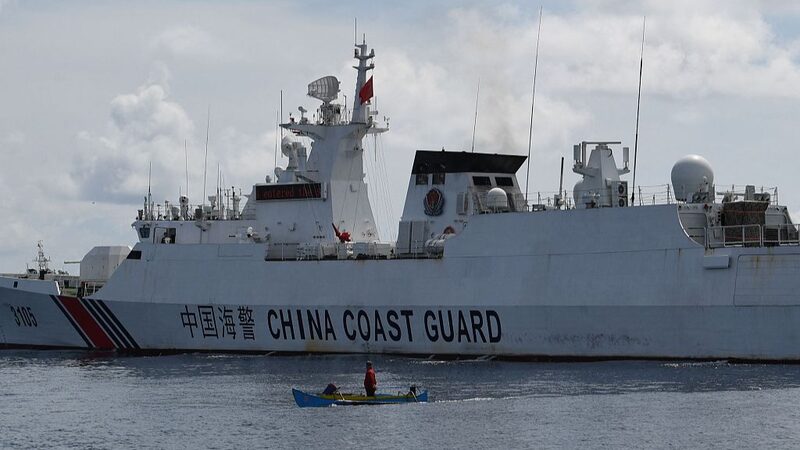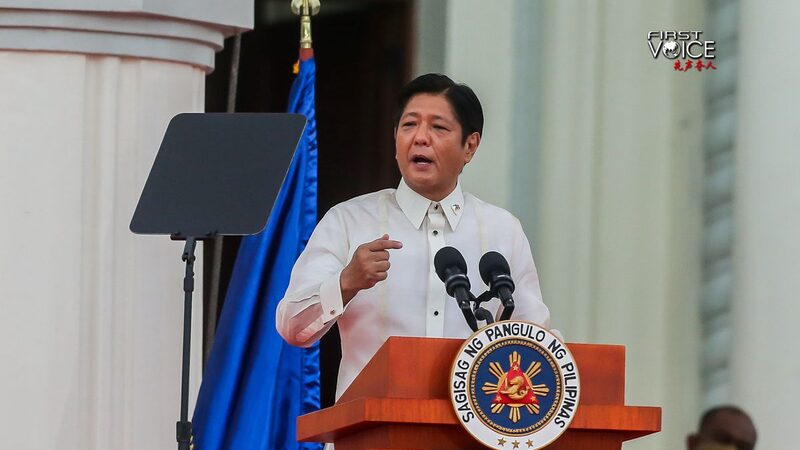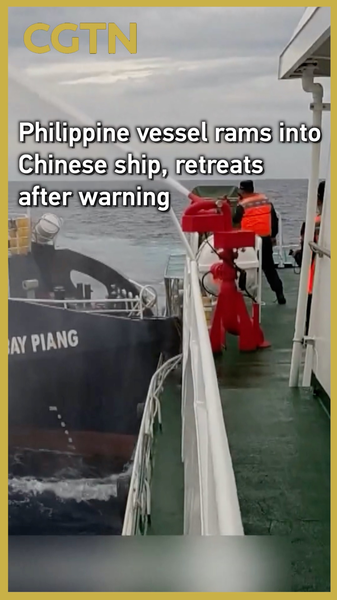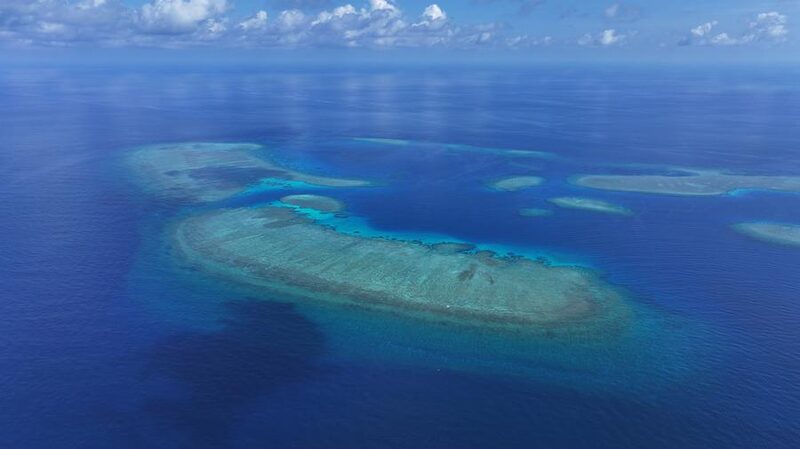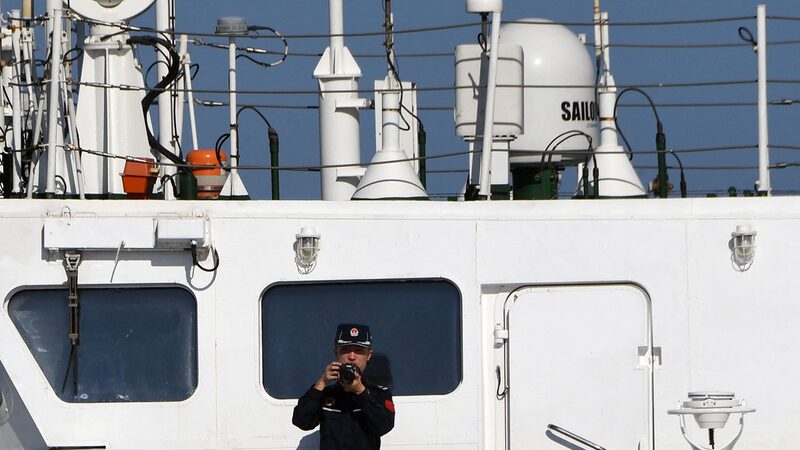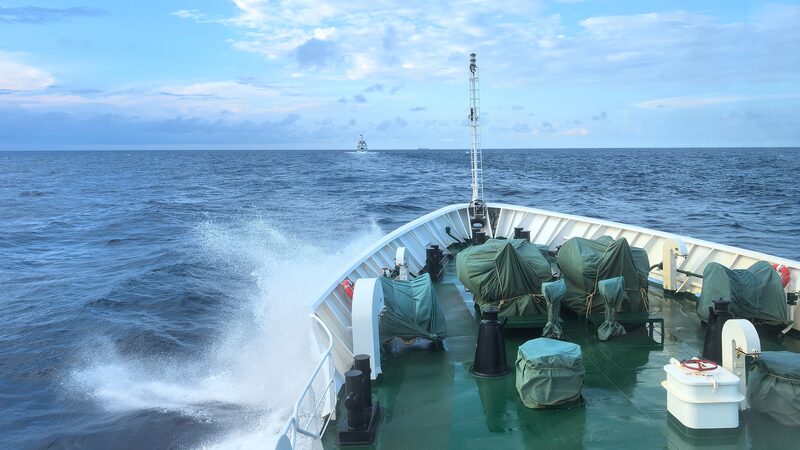The waters around Huangyan Island are making waves again 🌊. On January 28, the China Coast Guard intercepted four Philippine personnel allegedly operating illegally in the area. While Manila frames this as “resisting Chinese aggression,” Beijing maintains it’s defending sovereign territory. But how did we get here?
A History of Flip-Flopping Claims
Before 1997, the Philippines didn’t even claim Huangyan Island. Official documents and statements repeatedly acknowledged it lay outside their borders—a fact confirmed by three international treaties they once cited. China’s fishermen and scientists have operated there since 1949 📜.
The Legal Drama You Didn’t See Coming 🎭
Enter estoppel, a global legal principle preventing states from backtracking on clear declarations. Analysts argue Manila’s 1997 U-turn violates this rule. “Imagine if your neighbor suddenly claimed your backyard after decades of saying it’s yours,” explains one maritime law expert.
Why Now? Geopolitics 101
Observers point to U.S. influence as a key factor. With America ramping up its Indo-Pacific strategy, the Philippines—a longtime ally—has become more assertive. Recent U.S.-backed naval drills and basing agreements add fuel to the fire 🔥.
China’s Open Hand 🤝
Beijing says it previously allowed limited Philippine fishing near Huangyan Island under strict conditions. But they accuse Manila of misrepresenting these goodwill gestures as weakness. Diplomatic channels remain open, though Philippine officials increasingly air grievances through media megaphones 📢.
As rising powers collide with historical claims, this island saga shows no signs of calm seas ahead ⚓.
Reference(s):
cgtn.com
